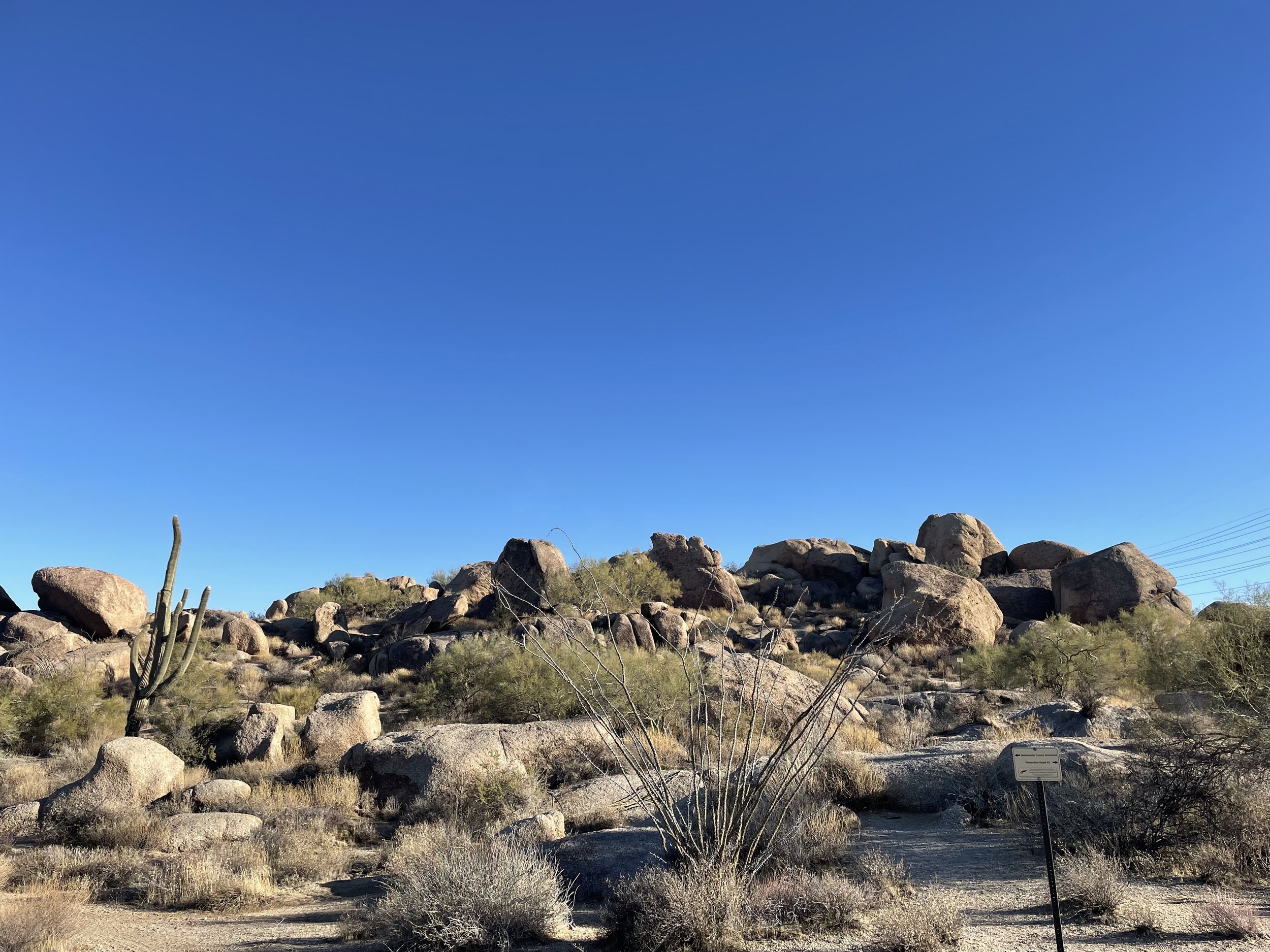
Jeffrey J Cohen
bio books and CV
Credo
I believe that access to a superb education is a human right. As a teacher, scholar, university administrator and writer, I work to open widely doors that in the past have been too narrow or even barred.
Despite the disdain with which the mission of universities and colleges has been met, I believe that the liberal arts and sciences are essential to leading a good life, to success measured by more than the salary one earns. Fostering creativity, imagination and a sense of adventure, capacious and curiosity-driven interdisciplinary study is essential to the flourishing of democracy and the creation of a more just and sustainable world. I believe in socially engaged research and writing, and in building affirmatively at a time when institutions are being torn down. An education grounded in humanistic study enables personal fulfillment, inter-generational advancement, and community wellbeing — as well as more ethical modes of dwelling on a climate altered Earth. Inclusion, access and excellence are not mutually exclusive terms. I believe that institutions of higher education should be powerful shapers of more humane futures, and have dedicated my career to acting upon that responsibility.
My work as a leader in higher education has been featured in The New Yorker, The New York Times, The Scholarly Kitchen, Humanities (magazine of the NEH), University World News, National Humanities Alliance, KJZZ, the American Council of Learned Societies, The Chronicle of Higher Education, the Modern Language Association and US News & World Report.
Bio
I am a teacher, writer, scholar and a university administrator, roles I undertake with an activist’s passion. Early in life I learned to love story as portal for the imagination. I have spent my career thinking and writing about the transformative power of narrative; the fear and desire that monsters elicit; the joy of studying as well as inventing languages; geology’s invitation to inhuman timeframes; the continued vitality of the past in solving the most difficult problems of the present. I have worked relentlessly for renewed reverence for the natural world, and environmental justice. I am restless for a mended world (tikkun olam). A science scholarship enabled me to attend the University of Rochester to study biology, but I eventually created my own major in the history of English and minored in classics. After completing doctoral study in English and American Literature and Language at Harvard University I taught as an adjunct in the History and Literature program there as well as in the Experimental College of Tufts University.
For two decades I was a faculty member in the English Department of the George Washington University in Washington, DC. For fourteen years I served as an administrator, first as a department chair and then as a center director. As Chair of the Department of English I revitalized the research mission, advanced the diversity of the faculty, created new alliances with government and arts institutions, and reinvigorated humanities study at the institution. I also secured significant new philanthropic resources to benefit our faculty and student community. I founded and successfully funded the GW Medieval and Early Studies Institute (motto: The Future of the Past) where I worked to create a multidisciplinary community embedded in a global city that welcomed all who wished to participate. I departed DC in 2018 to become Dean of Humanities at Arizona State University, the position in which I currently serve. You can read a little bit about what I have achieved here and here.
I have worked with the dedicated faculty and staff of ASU to welcome a diverse population into engaged study at every level, to empower students to activate their own agency and strengthen the communities of which they are part, to grow the resources needed to match our ambitions, and to reinvent what humanistic inquiry can and should undertake. As an access-oriented Hispanic Serving Institution that enrolls numerous Native, first generation and Pell eligible students, ASU has been a welcoming place to build a truly inclusive Humanities program.
Studium
My scholarly work examines phenomena that are alien and intimate at once. My research on the cultural functions of monsters has had especially wide impact, leading to a stint as an expert witness on a copyright lawsuit involving the Pixar film Monsters Inc., a part in a History Channel documentary on dragons, and a consultant gig for a children's book on big monsters — as well as a diversity of scholarly books and essays. My first publication was Monster Theory, a collaborative project of mapping monsters as invitations to the imagination across time. After nearly three decades the book remains in print and has been used in classrooms across the world as an entryway to cultural studies and critical analysis.
Trained as medievalist working in English, Latin and French, I have also long researched and published in the environmental humanities, with a special emphasis on how knowledge from the past can propel the imagining of more humane futures. I am a founding member of the MLA Forum on Ecocriticism and Environmental Humanities and former co-president (with Stacy Alaimo) of the Association for the Study of Literature and the Environment, the largest and oldest organization for environmental humanities worldwide. My book Stone: An Ecology of the Inhuman was awarded the 2017 René Wellek Prize in comparative literature. The project was generously funded by fellowships from the ACLS and the Guggenheim Foundation, and investigates the active and abiding companionship of a substance that only seems to be inert. Research for this book brought me around the world: Salisbury Plain, London, Paris, Barcelona, Berlin, Victoria (Australia), Bordeaux, and Iceland. A spur to numerous collaborations with artists and scholars across the globe, Stone was recently translated into German; a Russian translation is currently underway.
With Lowell Duckert I edited the collection Elemental Ecocriticism, which brings together ecotheorists with medieval, early modern and contemporary disciplines to rethink the possibilities offered by supposedly outmoded knowledge and stories. The book extends the collaborative investigation of more-than-green ecologies and active materialities instigated by Prismatic Ecology: Ecotheory Beyond Green and continued in a third volume at the same press, Veer Ecology: A Companion for Environmental Thinking, with thirty-one contributors ranging across disciplines and periods. Veer Ecology was a finalist for the ASLE prize in Ecocriticism (2018). With planetary scientist Lindy Elkins-Tanton I co-wrote a book called Earth, about the stakes as well as the perils of thinking about the planet as an object viewable from its exterior. With environmental humanities scholar Stephanie Foote I co-edited The Cambridge Companion to Environmental Humanities, an overview of the field that emphasizes the intimacy of environmental study to ecological activism. Collaboration is an essential value of mine; academia too often focuses, to its detriment, on the solitary and the heroic.
With Julian Yates I wrote Noah’s Arkive (University of Minnesota Press, 2023). The project re-examines the master myth for the narration of climate change and argues against the attenuated versions we tend to repeat whenever we imagine a future of rising seas and drowned peoples, uncovering instead a rich and millennia-long counter history in which Noah’s resignation to an ark of exclusion and limited preservation is questioned, rethought, rebuked, rebuilt.
Super Short Bio
Jeffrey J. Cohen is Dean of Humanities at Arizona State University and former co-president of the Association for the Study of Literature and the Environment, the largest professional organization in the environmental humanities. His research examines strange and beautiful things that challenge the imagination, phenomena that are alien and intimate at once. Cohen is widely published in the fields of medieval studies, monster theory, and the environmental humanities. His book Stone: An Ecology of the Inhuman received the 2017 René Wellek Prize in comparative literature from the American Comparative Literature Association. In collaboration with Lindy Elkins-Tanton he co-wrote the book Earth, a re-examination of our widest home from the perspectives of a planetary scientist and a literary humanist. With environmental humanities scholar Stephanie Foote he co-edited The Cambridge Companion to Environmental Humanities. With Julian Yates he co-wrote Noah's Arkive (2023).










